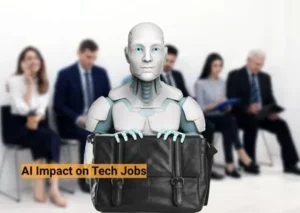Hey there, tech-curious friend! Ever wondered what it feels like to create something from scratch, kind of like being a digital wizard? Welcome to the exciting world of software development! The demand for developers is booming, the paychecks are juicy, and you’ll get to solve cool problems every day. Plus, let’s be real—who doesn’t want to tell people, “Yeah, I build apps for a living”?
Here’s your step-by-step guide to joining the developer squad without losing your mind or bank account.
What Is a Software Developer? (And No, They’re Not All Nerds)
Software developers are the brainiacs behind the apps you binge on and the systems that make businesses tick. There are two main types:
• Application Developers: Think mobile apps, web apps, and the stuff you use every day.
• Systems Developers: These legends design the backbone of systems—stuff that keeps businesses running smoothly.
The Big 9-Step Journey to Becoming a Software Developer
1. Learn a Programming Language (Your Ticket to Geekdom):
Start with Python if you’re a newbie—it’s easy-peasy. Feeling ambitious? Tackle Java or C++ for extra brownie points.
2. Set Your Career Goals (Dream Big!):
Want to work in healthcare, finance, gaming, or startups? Choose a field that vibes with your interests.
3. Grab a Degree or Take Online Courses (No Degree? No Problem!):
A bachelor’s degree helps but isn’t mandatory. Coding boot camps can get you job-ready faster than you can binge-watch a Netflix series.
4. Practice, Practice, Practice (Did We Say Practice?):
Whether it’s building a calculator app or your dream game, dive into coding daily. Repetition is the secret sauce.
5. Create a Killer Portfolio (Show Off Your Stuff):
Highlight projects that scream, “Hire me!” Pro tip: Add personal touches and real-world problems you’ve solved.
6. Master Technical Tools (Not Just Code!):
Learn Git, SQL, and IDEs. Think of them as your developer Swiss Army knife.
7. Polish Your Soft Skills (Because Robots Don’t Rule Yet):
Communication and problem-solving skills are your BFFs. Remember, you’re coding for people, not machines.
8. Certify Your Skills (Get That Shiny Badge):
Earn certifications like CompTIA IT Fundamentals+ to boost your credibility.
9. Apply Like a Pro (Confidence is Key):
Tailor your resume for every job, highlight relevant projects, and proofread like a grammar nerd.
FAQs: Burning Questions About Software Development
Q: Do I need to be a math genius to code?
A: Nah! If you can handle basic algebra, you’re golden. Coding is more logic than calculus.
Q: Can I switch careers to software development at 40?
A: Heck yeah! Age is just a number in tech. Experience from other fields is often a huge asset.
Fun Myths Busted: The Real Deal About Developers
• Myth: All developers are introverts.
Reality: Some are party animals who also happen to write killer code.
• Myth: You need a $200K degree to start.
Reality: Plenty of self-taught developers land six-figure jobs.
What’s Life Like as a Developer? (Coffee-Fueled Awesomeness)
Imagine a mix of creative problem-solving, occasional late-night debugging, and celebrating your wins with memes. Some days, you’ll feel like a genius; others, you’ll question your life choices—part of the charm!
Trending Tech Skills: What’s Hot Right Now?
• Cloud computing
• AI and machine learning
• Blockchain development
• Cybersecurity
Resources and Tools for Aspiring Developers
• Courses: Codecademy, Udemy, freeCodeCamp
• Books: “Clean Code” by Robert C. Martin
• Communities: GitHub, Stack Overflow, Reddit’s r/learnprogramming
Ready to make the leap? Start by learning a programming language today. Remember, every expert was once a newbie. So grab your laptop, hit up some free courses, and start coding. The world needs your ideas—go get ’em!






